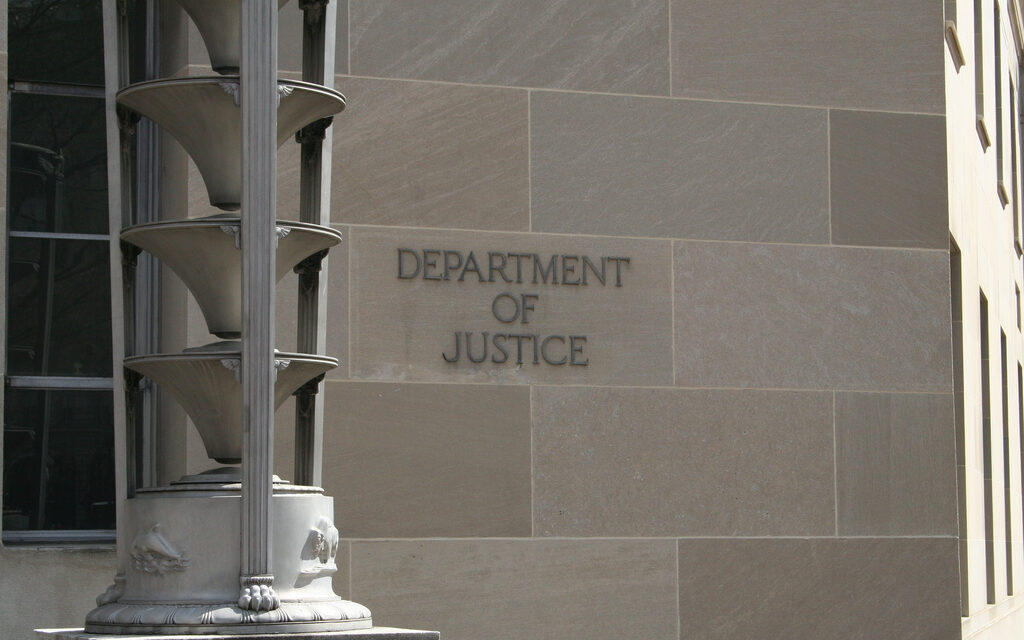When Samuel Alito was confirmed, only four Democrats voted for him (Tim Johnson of South Dakota, Kent Conrad of North Dakota, Ben Nelson of Nebraska, and Robert Byrd of West Virginia). However, the real vote was to invoke cloture. On that vote, the Democrats were much more generous. The following Democrats (in addition to the previous four) voted for cloture: Daniel Akaka of Hawaii, Max Baucus of Montana, Jeff Bingaman of New Mexico, Maria Cantwell of Washington, Tom Carper of Delaware, Byron Dorgan of North Dakota, Daniel Inouye of Hawaii, Herb Kohl of Wisconsin, Mary Landrieu of Louisiana, Joe Lieberman of Connecticut, Blanche Lincoln of Arkansas, Bill Nelson of Florida, Mark Pryor of Arkansas, and Ken Salazar of Colorado.
Progressives were furious with all of these Democrats who voted for cloture because they allowed Alito to be confirmed with less than 60 votes (he got 58 votes).
As far as I can tell, there never was any cloture vote during Clarence Thomas’s confirmation. The only vote I can find in the record is his up-or-down vote that made him a Supreme Court Justice. Republicans Bob Packwood and Jim Jeffords voted against him, but he won 52-48 after eleven Democrats approved him.
Something fundamentally changed in the U.S. Senate since 1991, when they voted on Clarence Thomas. It’s unthinkable today that the Senate would forego a cloture vote. We’d never get unanimous consent to have an up-or-down vote on a Supreme Court Justice in our current political environment. But things haven’t changed so much. Alito got 72 votes for cloture, but he only got 58 votes for confirmation. Clearly, there remains a lot of sentiment against filibustering a justice even if you don’t think they should be on the Court.
However, the Republicans of today are a different breed from the Democrats of 1991 and 2005. They just might attempt to filibuster a pro-choice Justice with every pro-life member that they have. That would be thirty eight members, and if anti-choice Democrats Mark Pryor, Bob Casey Jr., and Ben Nelson joined them, they could sustain a filibuster. It’s theoretically possible.
However, it seems highly unlikely to succeed. And, in the end, they might not bother.






